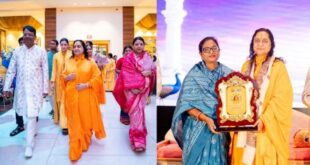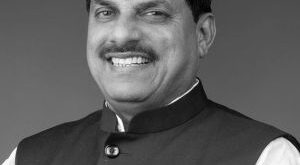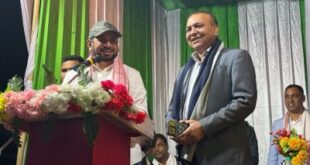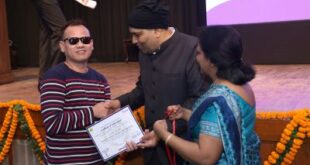The Indian subcontinent has seen various rulers throughout history, which explains the diversity that we see in present day India. In the last 1000 years, the Indian subcontinent has been ruled majorly by people who invaded this land. The concept of a nation was somehow lost, which led to the mushrooming of small kings and chieftains. Since there was no joint force to defend the territories, the Indian subcontinent became a favorite destination for foreign invaders and raiders. Some of these invaders eventually went on to rule the Indian subcontinent. This included the Delhi Sultanate that ruled from 1206 to 1526 CE and Mughal Empire that ruled from 1526 to 1857 CE.
The indigenous population in the Indian subcontinent was largely Hindu to begin with, but due to invasion by foreigners including Persian, Uzbek, Afghani, Mongol, Spanish, French, Portuguese, British, etc., inter-cultural influences are widespread. On the topic of Hindu festivals being celebrated during the rule of Muslim kings, different views have been expressed by scholars and historians. The major Hindu festivals include Holi, Dussehra, Diwali, Shivratri, Purnima and Sankranti. Kumbh Mela was also known to be celebrated since thousands of years.
Some historians say that Hindu festivals like Holi and Diwali were celebrated during Mughal rule whereas others say that there may have been some restrictions on these celebrations. If we study the Mughal history, it is evident that the term Mughal perse does not signify a concrete idea of a kingdom. It is not like the Constitution that we have today. So, rules laid down during the Mughal Empire were based on the personal wishes and choices of the Mughal emperor who ruled during a specific period.
Some Mughal rulers like Akbar are said to be liberal, who allowed all cultures to flourish. However, there were others like Aurangzeb who are known to follow a hardline Islamic agenda and may have interfered with Hindu festivals. It is said that Hindu festivals were celebrated during rule of Akbar with the same fervor, as was reserved for Muslim festivals. However, different historians have different views on this topic. Since verifiable evidence does not exist, it is difficult to ascertain what actually happened in those times.
Some Mughal emperors like Aurangzeb favored the Islamic orthodoxy and may have acted against Hindu culture. For example, Aurangzeb imposed ‘Jizya‘ tax on Hindus, which was double the amount of normal tax paid by Muslims. It is said that Jizya was imposed even on monks, poor people and beggars. This indicates that certain Mughal emperors may have acted against the celebration of Hindu festivals like Holi, Diwali, etc. The Jizya tax on Hindus resulted in various small-scale revolts. Some Hindus even converted to Islam to avoid the Jizya tax.
Going through the details of Mughal Empire, it can be said that Mughal emperors were not secular, even though some of them may have been liberal. In a non-secular state, it’s anybody’s guess what could the conditions have been for those who did not meet the religious norms. Some historians also say that during the rule specific Mughal emperors, some generals used to interfere with Hindu festivals. However, as with many things of the past, there’s very little evidence to prove what actually transpired in those times.
As far as the primary question is concerned – “Were Hindu festivals like Holi, Diwali celebrated during Mughal Rule?” we could answer that with a ‘Yes’. However, there may have been cases where some ruler or general might have interfered with such celebrations. Foolproof evidence is not available and scholars and historians have divergent views. So, eventually, it would depend on what you would like to believe and what realities are you willing to accept.
 Newspatrolling.com News cum Content Syndication Portal Online
Newspatrolling.com News cum Content Syndication Portal Online





